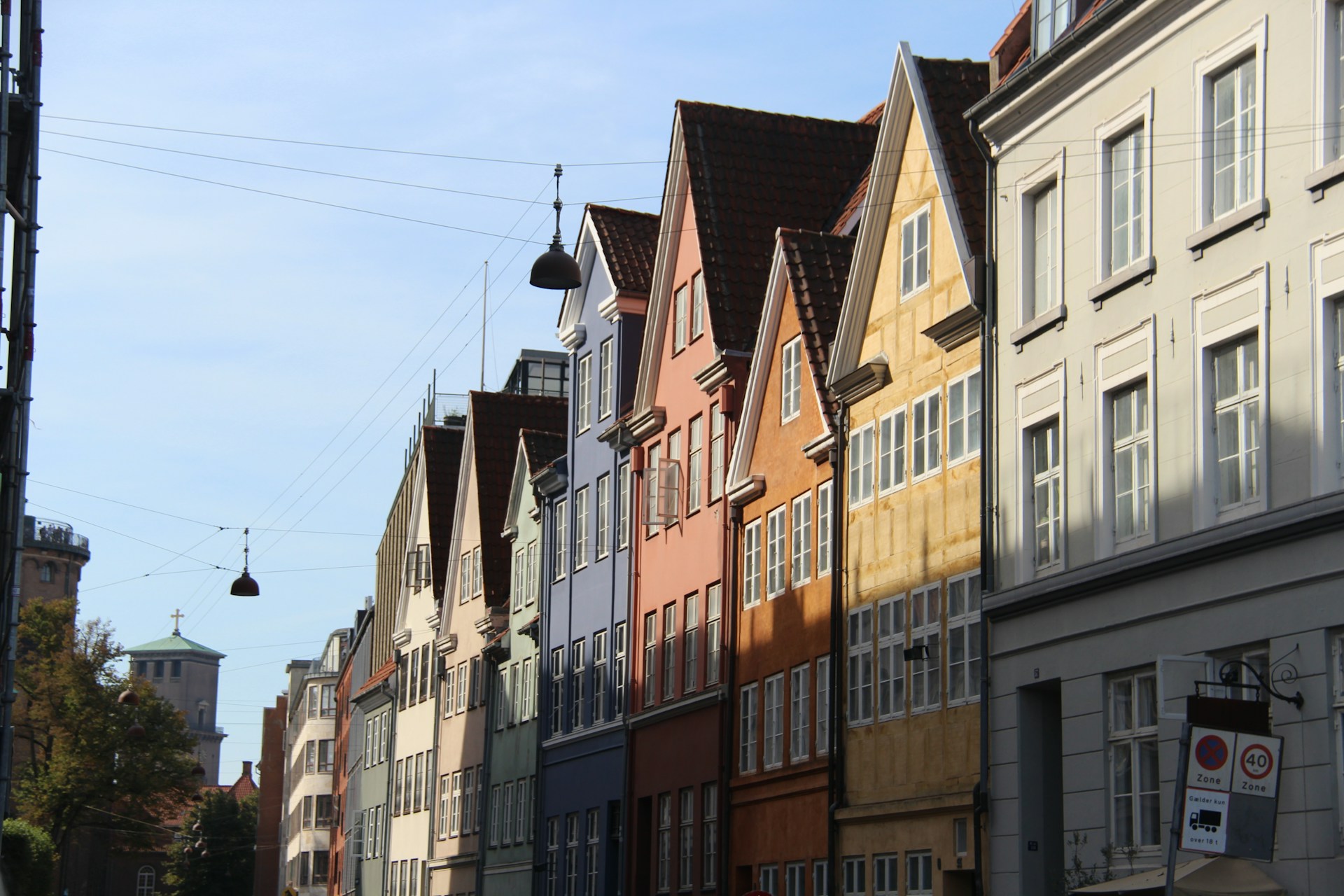The Dutch housing market consistently dominates political discussions. For expatriates looking to purchase or invest in the Netherlands, understanding the political landscape is crucial. Following the recent Tweede Kamer elections in October 2025, a period of uncertainty begins as parties negotiate to form a new coalition.
What exactly do the potential political shifts mean for your mortgage, your monthly costs, and the value of your Dutch property? We break down the key policy areas likely to be shaped by the new cabinet, focusing on the core issues impacting buyers and investors.
The Drive for Supply: Central Government Takes Control
The consensus across most major parties is clear: the housing shortage remains a severe national challenge. Elections and the housing market have become inseparable issues because immediate intervention is needed to boost supply.
Currently, local municipalities and project developers often lead the construction efforts. However, parties like VVD, CDA, D66, and GroenLinks-PvdA agree that the national government (Den Haag) must exert more influence. Why? This centralized approach aims to accelerate housing delivery significantly.
This means you can expect several improvements over time:
- Faster Permits: Procedures should become simpler, allowing construction projects to obtain necessary permissions more quickly.
- Increased Mobility: The goal is higher through-flow (doorstroming). Creating housing for seniors and existing homeowners frees up starter homes. Consequently, this provides perspective for current homeowners who want to move up the property ladder or utilize their equity.
Where Will the New Houses Go?
While everyone agrees on the need for more housing, the location and method of construction differ significantly between the leading parties.
- VVD pushes for large-scale expansion, favoring the development of around thirty major new residential districts nationwide.
- GroenLinks-PvdA prefers acceleration within existing cities. They focus on repurposing empty offices into residential units or adding extra floors (optopfen) to existing buildings.
- CDA promotes building on a smaller scale, preferring new ‘neighborhoods’ or ‘districts’ rather than massive expansion projects.
- D66 prioritizes speed, supported by additional state funding and potentially even a new state-owned construction company.
Ultimately, regardless of the method, the increased volume of new homes—be they social, mid-segment, or starter homes—should help ease price pressure in the long term. This sustained push for supply is one of the most stable outcomes of these elections, positively affecting the housing market over several years.
The Mortgage Interest Deduction: A Key Negotiation Point for Elections and the Housing Market
The mortgage interest deduction (Hypotheekrenteaftrek, HRA) is a fiscal benefit allowing homeowners to deduct interest paid on their mortgage from their taxable income. It is arguably the most contentious item at the formation table.
The VVD remains committed to preserving this scheme. However, the CDA, D66, and GroenLinks-PvdA argue that a further, gradual phase-out is inevitable. This dramatic difference in opinion will be a major sticking point during coalition talks.
What Does This Mean for Expats Buying Property?
- No Sudden Shock: Changes will not happen overnight. The proposed phase-out would be slow and step-by-step, likely spanning 8 to 20 years.
- Income Buffers: Any gradual reduction of the HRA is usually accompanied by broader income tax reductions. Therefore, many experts believe that income growth and tax relief should eventually offset higher housing costs associated with the HRA reduction.
While the discussion is heated, direct changes to your monthly costs are unlikely in the immediate future. Nevertheless, future buyers and investors must factor this potential long-term cost into their calculations.
Sustainability and Your Home’s Energy Efficiency
Sustainability is another crucial area where the new cabinet will likely take action. All parties recognize the need for greener housing, but they differ on whether to use a carrot or a stick approach.
D66 and GroenLinks-PvdA advocate for stricter mandatory requirements for homeowners regarding insulation and energy standards. Conversely, the VVD prefers financial incentives, such as subsidies and low-interest loans.
Increased Pressure, Increased Support
Regardless of the final political compromise, one outcome is certain: you will face both more pressure and more support to make your home energy efficient.
This support can take the form of:
- Tax benefits for sustainable renovations.
- Favorable sustainability loans (duurzaamheidsleningen).
- New requirements that kick in when you sell or renovate a property.
For expatriates buying older, character-rich Dutch properties, allocating a significant budget towards modernization and energy labels (A, B, or C) is rapidly becoming an essential financial consideration.
Investment Implications: The Rental Market Outlook
For those focused on property investment, political decisions around the rental market are paramount. The Affordable Rent Act, introduced in July 2024, set maximum rental prices for mid-segment housing based on a valuation points system.
While intended to protect tenants, this regulation created adverse effects:
- Reduced Supply: Many landlords chose to sell their properties rather than accept lower regulated rental income.
- Deterred Investment: Construction companies and investors are less inclined to build new rental units due to declining profitability.
If the new coalition leans further left (involving GroenLinks-PvdA), there is a high probability of increased taxation for private investors and continued regulation of the rental market (such as adjusting the verhuurdersheffing). However, if the coalition leans right, there might be greater flexibility for the free rental market, though the current affordable rent regulations are likely to remain largely in place. Consequently, investors need to maintain a keen focus on the political developments over the coming months.
Navigating the Uncertainty: What to Expect Next for Elections and the Housing Market
The formation of a new Dutch government is rarely a quick process. Based on the election results, a long formation is highly probable, and clarity on the government’s exact course may only emerge next year.
However, the overarching trends are consistent: the government will increase its role in steering housing construction, sustainability obligations will rise, and the status of the mortgage interest deduction will be a central bargaining chip.
These decisions in Den Haag have direct impacts on your property’s value, your monthly housing costs, and your energy bill. The housing market remains dynamic and highly influenced by politics.
Are you planning to buy or invest in Dutch real estate amidst this political backdrop? Understanding how potential policy changes affect your budget and long-term financial strategy is crucial. Consult with our expert to map out your personal plans against the evolving political reality.



